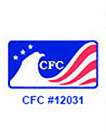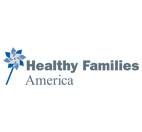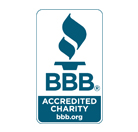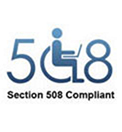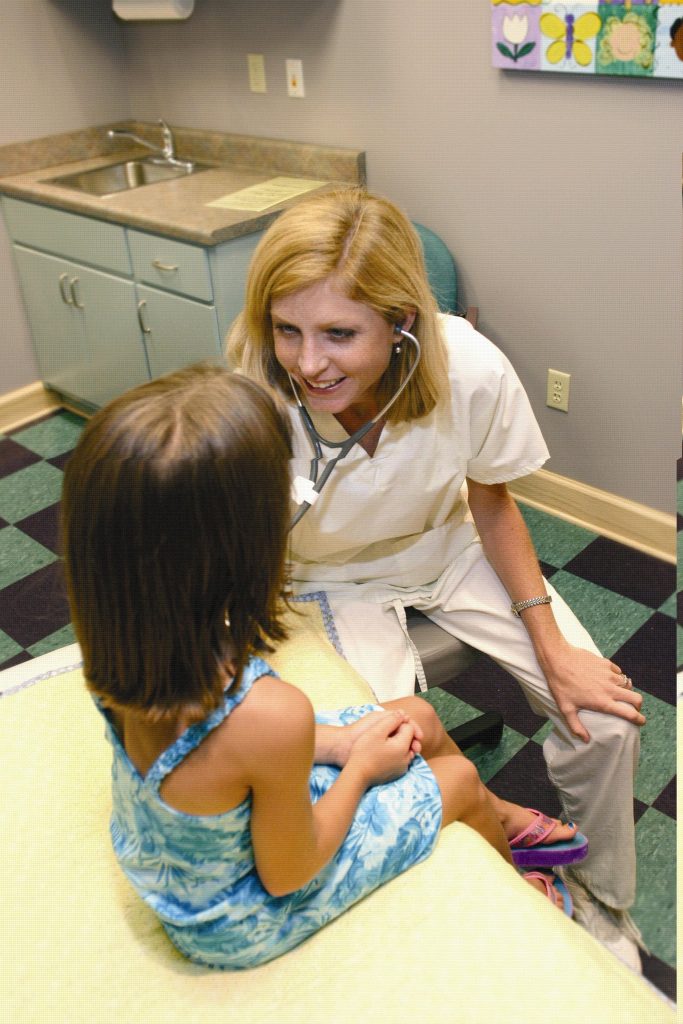 A medical exam is offered to any child who has allegations or concerns of abuse. The NCAC has a pediatric nurse practitioner on staff and is available to perform specialized medical evaluations on site in a child friendly, non-threatening environment.
A medical exam is offered to any child who has allegations or concerns of abuse. The NCAC has a pediatric nurse practitioner on staff and is available to perform specialized medical evaluations on site in a child friendly, non-threatening environment.
Purpose of Exam
The purpose of the exam is to collect evidence and document trauma if present (especially in acute cases). The exam is also used to assess for and treat sexually transmitted infections, injuries, and pregnancy. Most importantly, it is performed to reassure the child and family that his/her body is okay.
What to Expect
The medical exam will take place at the NCAC in a child friendly room. The exam will include a medical history from the caregiver as well as from the child. The child will receive a thorough head to toe exam similar to a normal check-up at a Pediatrician’s office. This exam will also include an external inspection of the genitalia and anal area to make sure they appear normal. It is highly unusual for a preadolescent child to require an internal vaginal or rectal examination. It is important to understand that the child’s medical exam is different and less invasive than an adult pelvic examination.
A special instrument called a colposcope is used during the examination. A colposcope is a piece of specialized equipment that has a light attached to a pair of binoculars. This allows the nurse practitioner to see a child’s genital and anal areas more closely. The colposcope never touches the child’s body and is never felt by the child. The colposcope has a camera attached to it and photographs may be taken during the exam to provide an accurate record of what the child’s body looks like at the time of the examination. While the colposcope does not touch the child, the nurse will have to touch the genital and anal areas with her hands. Some children will be checked for sexually transmitted diseases and pregnancy based on the clinic’s protocol.
For most children, the check-up is not painful. Nevertheless, children may feel worried, embarrassed or uncomfortable about their exam. It is normal for children to feel anxious about their examination. The nurse practitioner will take as much time as necessary to help children throughout the medical evaluation by explaining each step of the check-up and finding ways to put the child at ease.







